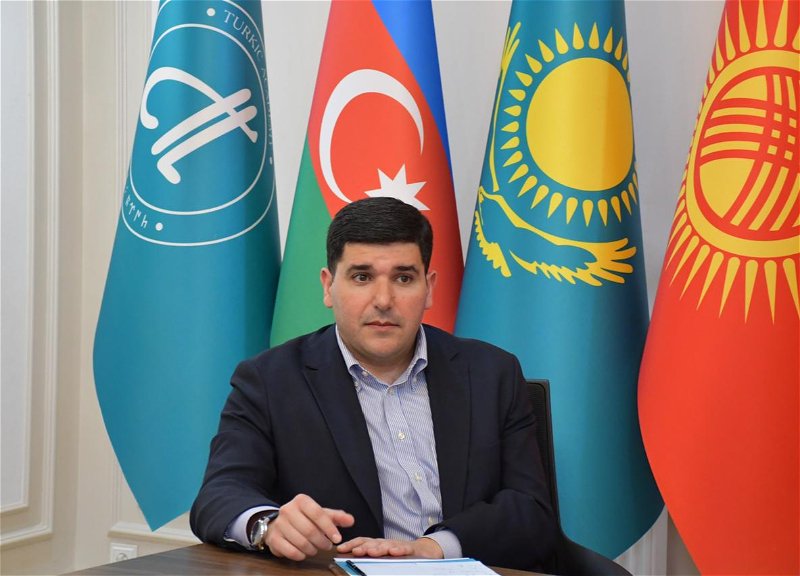By @mneniyefm
By Farhad Mammadov, Head of the South Caucasus Research Center
As the Shanghai Cooperation Organization (SCO) prepares for its 25th anniversary summit in Tianjin on August 31 – September 1, all eyes are on the economic agenda. While the SCO was initially formed as a security bloc to combat terrorism, extremism, and separatism, it is steadily morphing into a platform with significant geopolitical and geo-economic implications.
For Azerbaijan, currently a dialogue partner in the SCO, the summit is not just another diplomatic event — it is a potential springboard toward full membership and deeper engagement with Asia’s major power centers.
Azerbaijan’s Strategic Imperative
Why does SCO matter for Baku? The answer lies in three interlinked priorities:
Diversification of Foreign Policy: Azerbaijan is anchoring itself firmly in Eurasian multilateralism, reducing overreliance on Western-centric structures while maintaining balanced ties with Europe and the U.S.
Connectivity Leadership: With initiatives like the Middle Corridor and the proposed Zangezur route, Azerbaijan positions itself as a critical transit hub linking East and West, North and South.
Energy Diplomacy Meets Digital Silk Road: China’s growing push for digital integration within SCO aligns with Azerbaijan’s ambitions in green energy and IT infrastructure — areas where Gulf partners are already investing heavily.
Storm Clouds Over the Summit
Despite the positive tone, this summit is not without friction points:
India–Pakistan Hostility: Their ongoing conflict risks overshadowing collective agenda-setting.
Iran Factor: Tehran’s role as an SCO member complicates consensus, particularly amid its confrontation with the U.S. and Israel.
China–India Rivalry: A structural challenge, though recent pragmatism offers a window for constructive dialogue.
Baku’s Calculus
Joining SCO as a full member would formalize Azerbaijan’s role in Eurasia’s security and economic architecture. It would also enable Baku to:
Deepen Ties with China: A logical continuation of Belt and Road engagement.
Align with Central Asian Allies: All except Turkmenistan are SCO members, and Azerbaijan’s participation would strengthen Turkic integration under the Organization of Turkic States (OTS) umbrella.
Expand Trade & Transit Opportunities: Through unified customs regimes, digital corridors, and cross-border energy frameworks emerging under SCO.
But there is also a geopolitical chessboard element: Armenia is pursuing the same track. Both countries have applied for full membership, adding a new layer to their rivalry beyond the Washington peace process. Whether this creates a competitive or cooperative dynamic remains to be seen.
The Bottom Line
For Azerbaijan, the SCO summit is not about symbolism — it’s about future-proofing its foreign policy in an increasingly fragmented world. With the U.S. pivoting inward and the EU grappling with crises, Baku’s Eurasian integration is more than a strategic choice; it’s an economic necessity.
If full membership discussions gain traction in Tianjin, this summit could go down as a turning point in Azerbaijan’s Asian vector — one that brings Baku closer to the heart of the Eurasian power grid.


